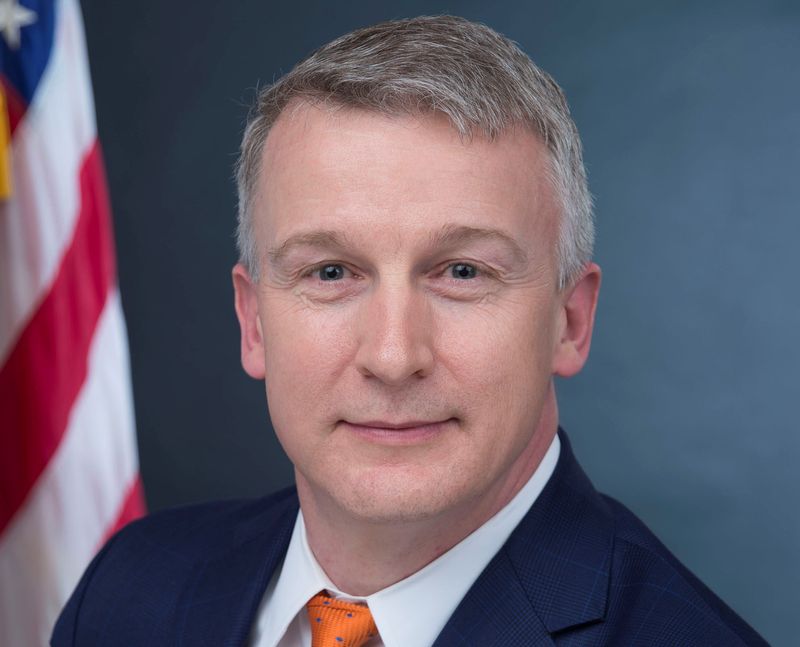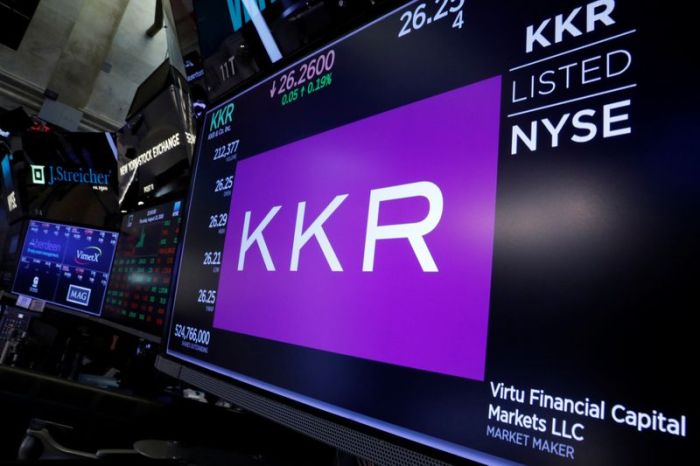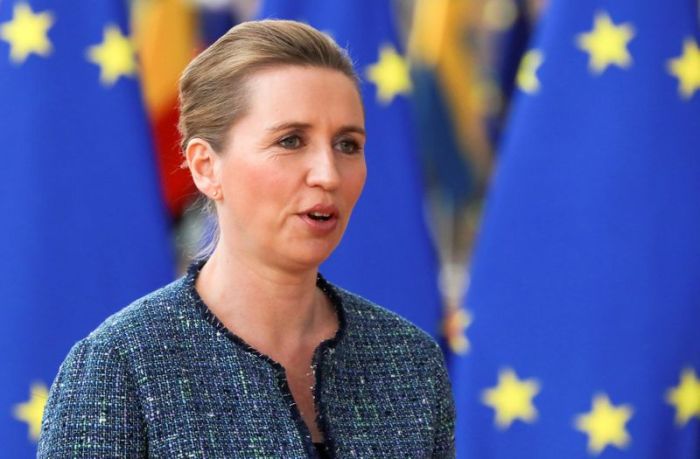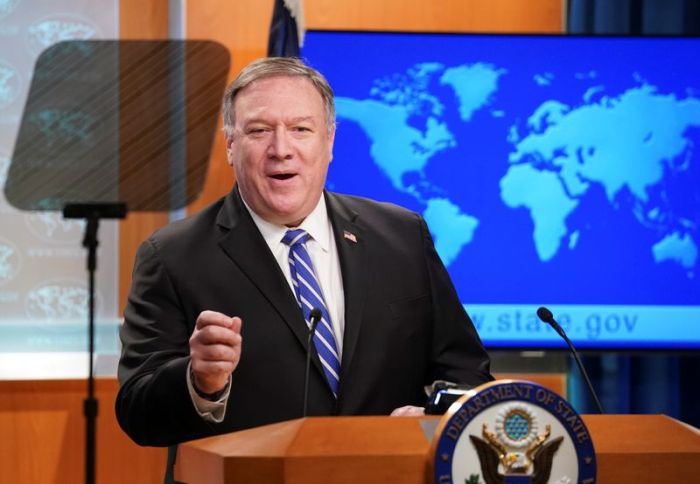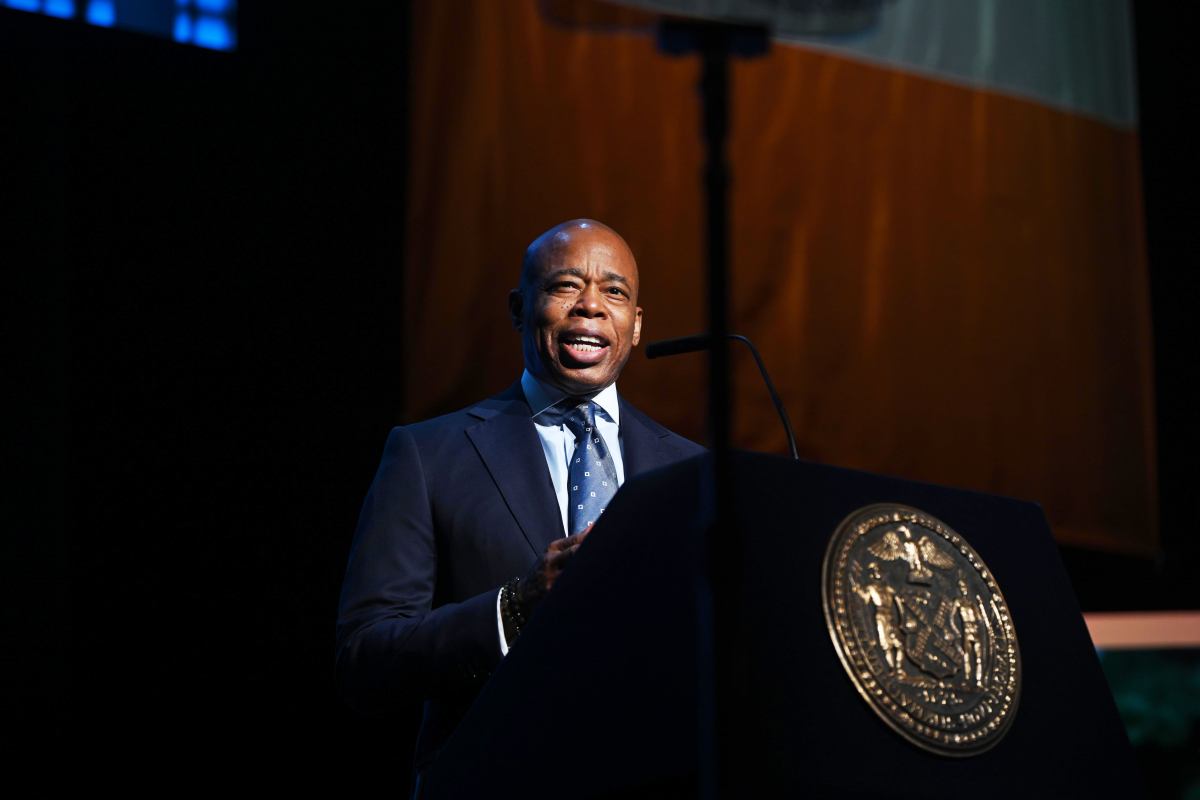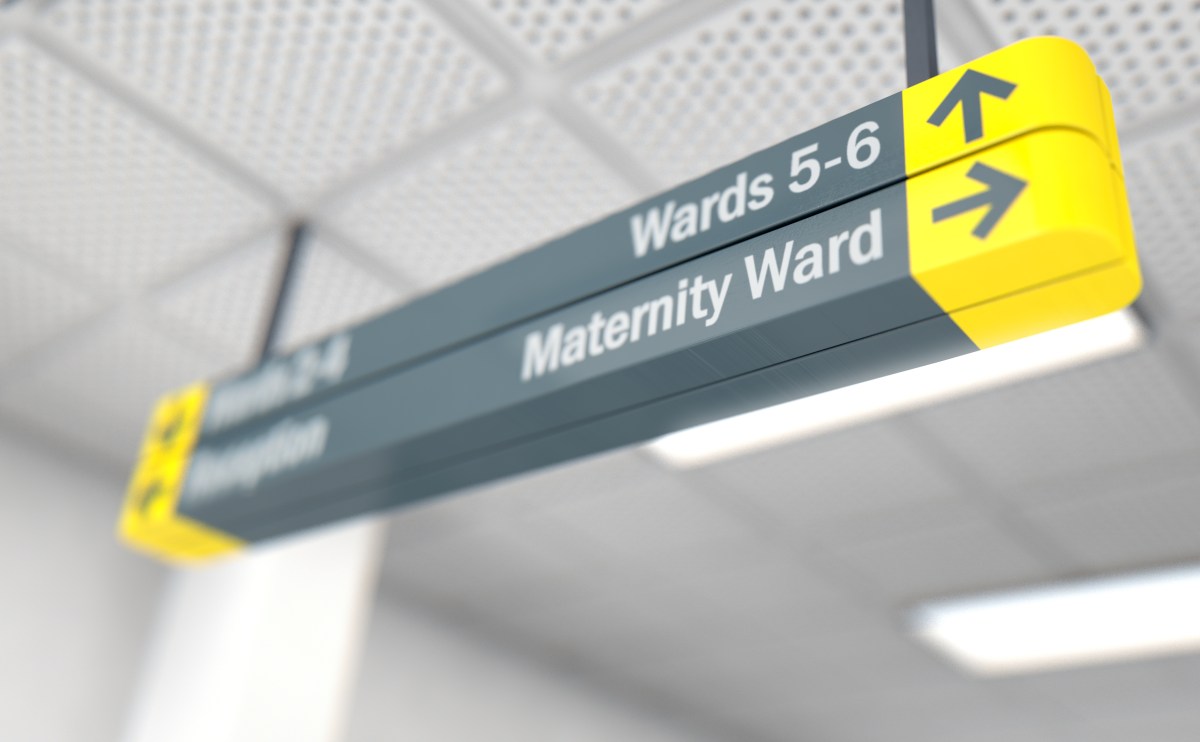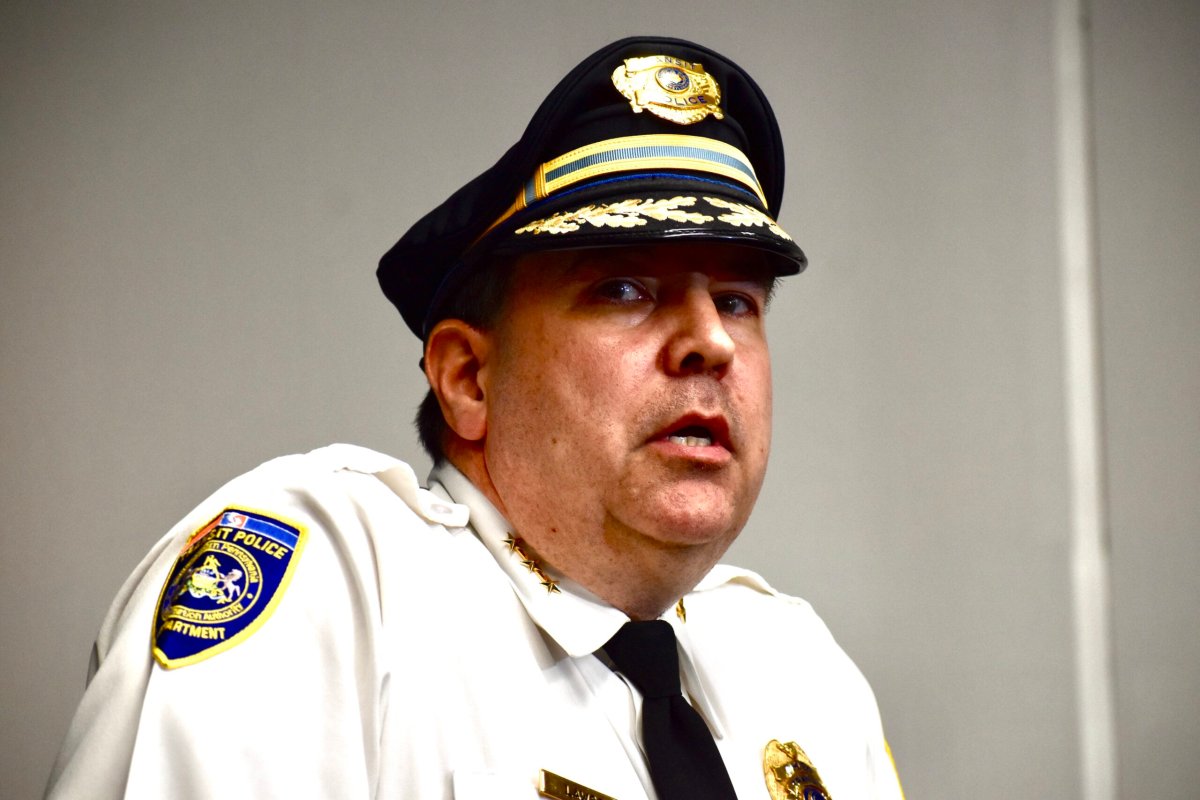WASHINGTON (Reuters) – U.S. President Donald Trump said on Wednesday an ousted health official who filed a whistleblower’s complaint accusing the administration of retaliating when he voiced concerns about the coronavirus in January seemed to be a disgruntled person who wants to help Democrats.
The Republican president told reporters at the White House that he did not hear good things about Rick Bright, who was ousted last month from his job as the director of a U.S. agency responsible for developing drugs to fight the coronavirus outbreak.
“I don’t know who he is. I did not hear good things about him at all,” Trump said. “And to me he seems like a disgruntled employee that’s trying to help the Democrats win an election.”
Bright had been director of the Biomedical Advanced Research and Development Authority, or BARDA, since 2016.
Last month, the U.S. Department of Health and Human Services (HHS), which oversees BARDA, said Bright had been moved to a new role within the National Institutes of Health.
In a whistleblower complaint filed with a government watchdog on Tuesday, Bright said that he warned about the virus in January and was met with hostility from HHS Secretary Alex Azar and other high-ranking officials in the agency.
“Dr. Bright acted with urgency to begin to address this pandemic but encountered resistance from HHS leadership, including Secretary Azar, who appeared intent on downplaying this catastrophic threat,” reads the complaint, which Bright’s lawyers filed with the U.S. Office of Special Counsel.
Bright also said he was reassigned because he resisted efforts to push hydroxychloroquine and the related chloroquine as cures for COVID-19, the respiratory illness caused by the coronavirus.
Bright said in the statement last month that the U.S. government has promoted the medicines as a “panacea” even though they “clearly lack scientific merit.”
Trump in his daily coronavirus briefings repeatedly touted the malaria drugs as a “game changer” treatment for COVID-19 and encouraged people to try it even though few studies suggest a possible benefit.
HHS spokeswoman Caitlin Oakley has disputed Bright’s account, saying in a statement on Tuesday that he was transferred to a job where he was entrusted to spend around $1 billion to develop diagnostic testing.
“We are deeply disappointed that he has not shown up to work on behalf of the American people and lead on this critical endeavor,” Oakley said.
Bright will testify before a U.S. House of Representatives panel on May 14, a spokeswoman for Bright said on Tuesday.
(Reporting by Jeff Mason; Writing by Jan Wolfe and Mohammad Zargham; editing by Jonathan Oatis and Bill Berkrot)

